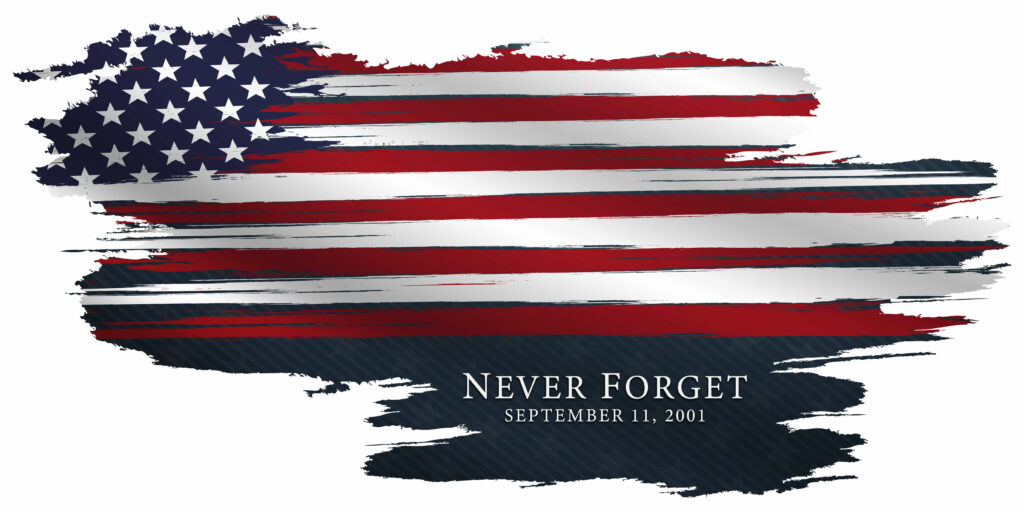Survivor Compensation For 9/11: 3 Things To Know

On September 21, 2001, the World Trade Center and the Pentagon became targets of a terrorist attack that claimed the lives of almost 3,000 people. To make matters worse, the first responders, volunteers, and those living, working, and going to school near the site of the attacks were diagnosed with cancer and other illnesses as a result of their exposure to toxic fumes and particles. To help these people, the September 11 survivor compensation fund was created. In this article, you’ll discover three important things you need to know about this compensation program.
- What Is The Program?
The September 11th Victim Compensation Fund (VCF) grants financial aid to individuals who were present at the locations listed below sometime between September 11, 2001, and May 30, 2002, and who have since been diagnosed with an illness related to the 9/11 terrorist attacks.
- World Trade Center including the New York City Exposure Zone
- Pentagon crash site
- Shanksville, Pennsylvania crash site
The VCF provides compensation not only for the first responders, but also for people who volunteered their services for clean-up and construction as well as residents, employees, and students in the exposure zone.
With the passage into law of the Never Forget the Heroes, James Zadroga, Ray Pfeifer, and Luis Alvarez Permanent Authorization of the September 11th Victim Compensation Act in 2019, the VCF is granted full funding to compensate eligible claimants until 2090. This law is named in honor of three rescue and recovery workers who eventually succumbed to an illness related to their heroic efforts in the aftermath of the terrorist attacks.
Zadroga is believed to be the first rescue worker to die from toxic dust inhalation. On the other hand, the tireless advocacy of Pfeifer and Alvarez for government support certainly contributed to the renewal of funding and the extension of the deadline for filing of claims for people who suffered 9/11 related illnesses. Consequently, 9/11 first responders and victims now have the assurance that they’ll be justly compensated by the government.
- What Are The Benefits?
Looking for information about the VCF can be confusing for people despite the many helpful resources available online. That’s because various programs were created for 9/11 victims and their families. Today, for instance, there are two popular programs that people tend to confuse with each other and the benefits they could provide for the victims. This section will break it down for you, so you know exactly what the VCF could offer for you and your loved one.
In 2001, two main programs were created for 9/11 victims and individuals who placed their lives on the line to help. One was the World Trade Center (WTC) health program. This program provides the following benefits only for the first responders present during 9/11:
- Provides health services to the victims
- Pays the victims’ prescription, screening, and cancer care bills
- Covers the victims’ healthcare needs for as long as they’re alive
The 9/11 VCF is slightly different but is easily confused with the WTC. The 9/11 VCF doesn’t solely cover the first responders, but it also includes the students, workers, and residents exposed during the 9/11 attack.
Under the VCF, victims who have digestive or respiratory problems or other conditions such as cancer can get help. If you meet the stated requirements, you may apply for compensation to cover all your medical bills. The crucial requirement is you should be able to prove that your illness was due to exposure to the 9/11 attack.
- Who Are Eligible?
A person who has been diagnosed with an illness, such as cancer, which is directly related to the 9/11 attack may be eligible for compensation under the VCF if he/she is:
- A first responder on the day of the terrorist attack
- A student in a nearby school
- A loved one of a victim or a local who lived nearby
- Someone residing within a certain radius of the New York City Exposure Zone
If you’re one such person, you need to prove that you’re present during or after the 9/11 attack using photos and other pieces of evidence. You also need to establish that your exposure to the attack site caused your illness.
Final Thoughts
Whether you’re representing yourself or a loved one who was affected by the 9/11 attack, it’s always a good idea to do your research and see what your options are. Hopefully, this article has provided you with a clear picture of the available compensation for 9/11 victims. There’s more to learn about the program, but what you’ve learned here should be a good start for your journey towards getting the compensation that you or someone you know deserved.